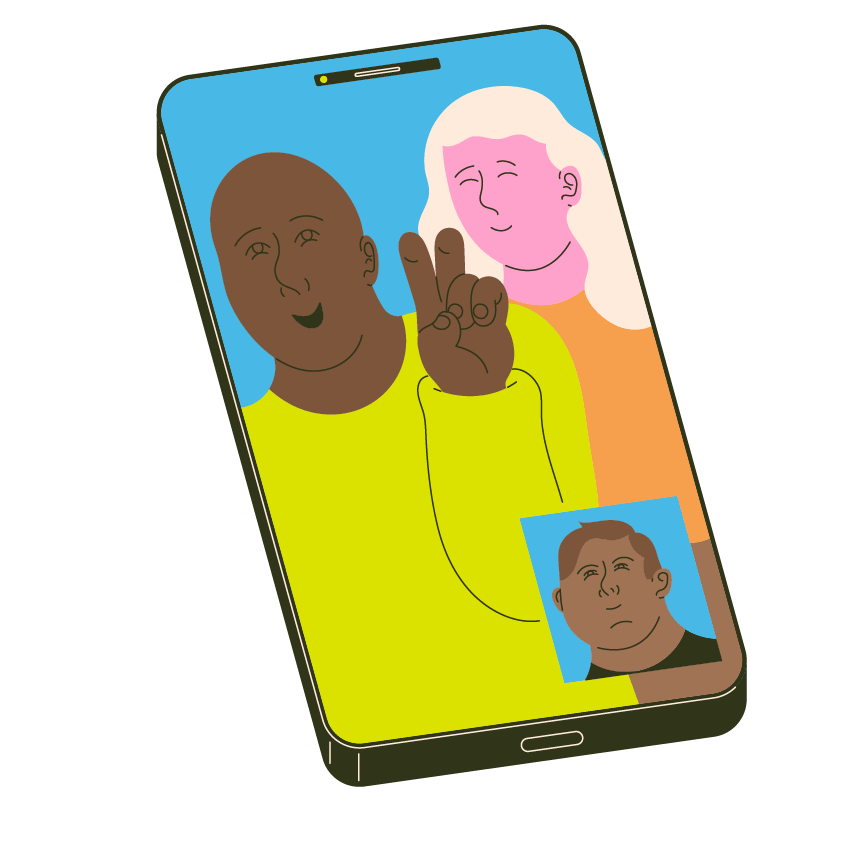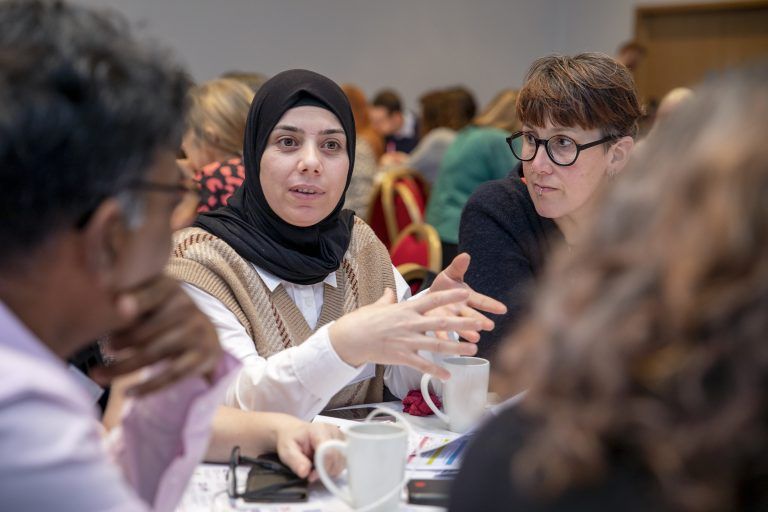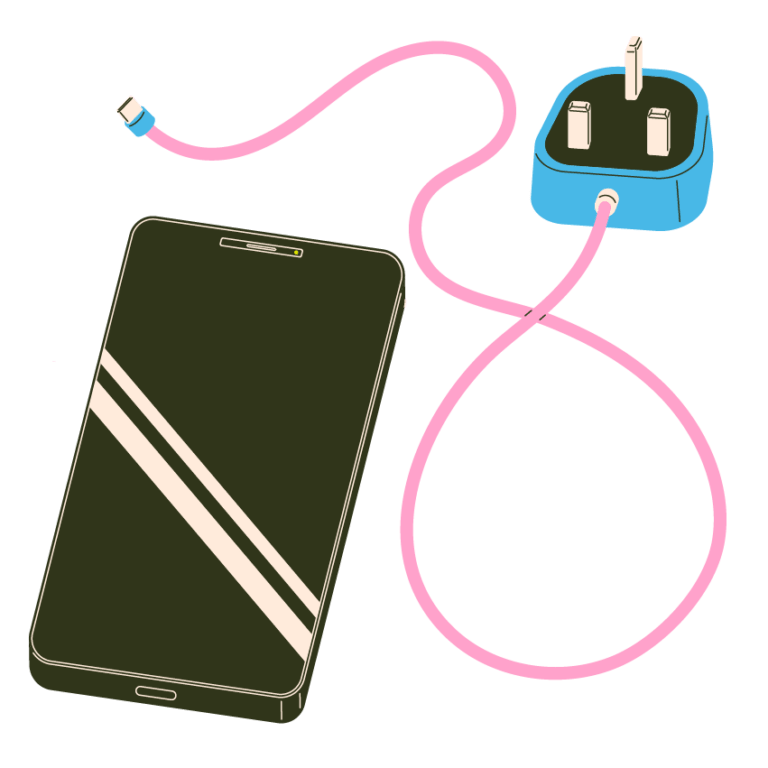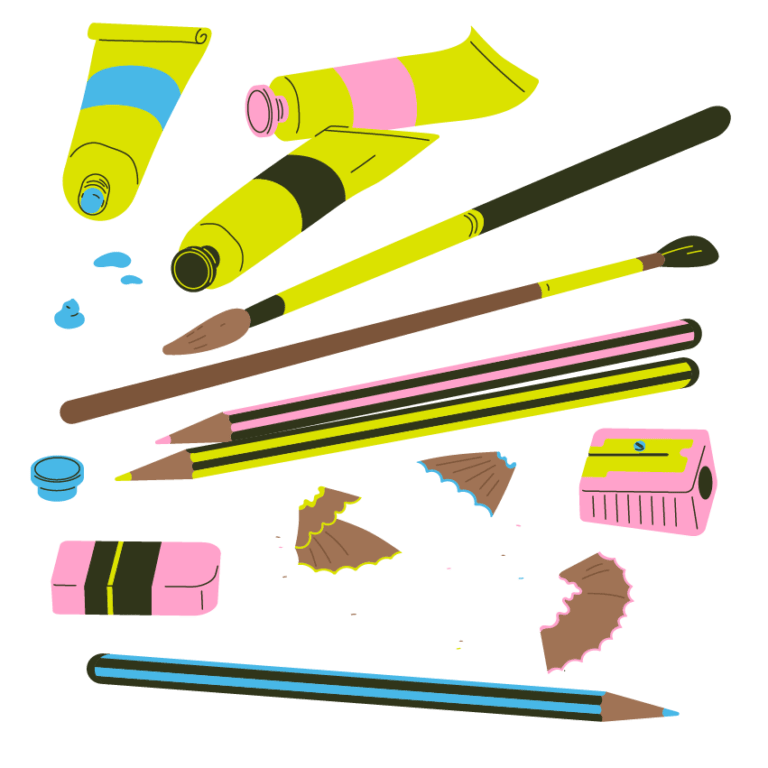The project was set up to develop a guided self-help approach to improving mental health and coping with the distress caused by different types of adversity, based on the innovative Self Help Plus programme developed by the WHO. Self Help Plus is a low-cost programme, designed to be delivered by non-specialist facilitators. It has been used with refugees around the world and found to be very effective in improving mental health and stress management. The plan was to modify the programme for use online in Scotland, with a particular focus on those hit hardest by the coronavirus pandemic.
Caring and sharing: psycho-social support for refugees


The aim was, through an early intervention approach, to support people to pursue their ambitions and, by improving their mental health, to support the integration of refugees into their communities by boosting their confidence, and empowering them to take advantage of the opportunities available to them in Scotland.
Key Information
Project Partners
East DunbartonshireAction for Refugees
Geographical reach
East Dunbartonshire; East Renfrewshire; Edinburgh; Glasgow; North Lanarkshire; West Dunbartonshire
Dates
01/09/2021 – 31/10/2022
Target Groups
Arabic-speaking refugees aged 18 and above, Older people, people with disabilities
Project Type
Supporting innovation
Background
The idea for this project was developed by Jasmine and Thistle, a refugee-led community group. We consulted refugees in East Dunbartonshire and Glasgow, and organisations like the Syrian Network and the regional integration networks in Glasgow. They agreed on the need for such a project, pointing to the lack of provision of mental health support services which understand the particular situation of refugees and the challenges they face and have faced as a result of the pandemic. We believe that this support is essential to improving the quality of life and wellbeing of refugees, and to their social integration in Scotland Most of the facilitators of the group sessions will be refugees.
Involvement of New Scots in project
Arabic-speaking refugees have been involved in this project from its inception. A few refugees had the idea for this project, and they have built on the existing Self Help Plus materials, modifying them for the Arabic-speaking refugee communities. These refugees have coordinated and facilitated the sessions and, with support from others in Jasmine and Thistle, have completed the reports for each stage of the programme, including this final evaluation. Other refugees could offer their services at the end of the programme, catering for the gathering, delivering the food to the event and volunteering their help to manage the event, which brought together participants and their families.
Impact
Jasmine & Thistle’s core team started the project by preparing the materials that were used through the activities between the 1st and 25th of September 2021. These included:
- A leaflet describing the project, its aims, and the participation instructions.
- The consent form for the participants
- A questionnaire to assess participants’ suitability and measure their eligibility to take part in this programme
- Material for the sessions, based on the existing Self Help Plus material, and modifying it for use online and in Powerpoint
- Stress Management Handbook
- Project evaluation questionnaire
- Pre- and post-registration tools
The results of the pre-post stress assessment show that there was less stress and better scores in self-management skills referring to the use of the programme. There was an extent to which participants felt more confident about their ability to integrate into Scottish society.
The importance of the data and evaluations we took from the participants can help us to publish a research paper depending on the Professional process we did. This will be a new and valuable source to help other programmes towards refugees.
We also shared our experience with this project at the Tenth Scientific Conference for Syrian Specialists and Psychiatrists with the Syrian Association for Mental Health (the programme was requested from organisations in Germany, Turkey and France).

Challenges encountered
One of the challenges we faced was the stigma of attending psychological support programmes, particularly amongst men, within the targeted community. This was particularly difficult to solve and we were unable to boost the numbers by the end of the project.
Some participants could not continue the full five sessions due to the exam preparation in April.
The presentation of the fourth group was at the advent of Ramadan and Eid. Participants found it challenging to attend the programme at that time because most of them were fasting, so we had to postpone the sessions.
Some of the participants were unfamiliar with using emails, and some people were not familiar with Zoom technology.
Solutions
We worked around these issues as much as possible to ensure, as far as possible, that we were not excluding people. We rearranged session times as much as possible to ensure that it suited the greatest number of people.
The positive aspects of taking on a new approach
Creating a project that fits with the participants’ culture, the challenges they face, and the problems they suffer from was a rewarding experience. We learned how important to use the new refugees’ knowledge to choose what suits them. We took his advice that the programme seems fit for purpose and suitable for the application. We also took the opinion of the training consultant at the World Health Organisation to shorten the exercises and said that this fits with their new update. The addition of simple techniques in an illustrated form proved very useful and worked well, as did the inclusion of the creative problem-solving competition.
Reflections
Active listening was an effective technique that helped the participants share a particular part of their experience. Some of them told us they thought exposing it was silly, but when they shared it with the group, they realised that many people have the same fears and concerns. They felt they were normal and it was okay to feel uncertain and worried regarding unfinished matters like Covid-19 or the recognition process. Sharing this helped them to be more flexible in listening to others’ fears.
Jasmine and Thistle’s organisation and the team have gained good and vital experience from the implementation of this project. That includes time management skills, planning, and organisational skills.
We have learned how to attract refugees.
We better understand anticipated challenges and the needs of the refugee community and will develop our services accordingly.
Online zoom use reduces the impact of mental health stigma and makes it easier to attend sessions during Covid, especially for mothers and the elderly. We are trying to increase the number of members of J&T. Also, the team has improved their resilience levels as dealing with psychosocial support projects requires more flexibility, active listening and consideration.
Further information
During the last reporting period, we received much feedback from the participants about the project through our email and Whatsapp number.
A: Thank you for this beautiful, interesting and beneficial course. And, God willing, we will try to apply even a part of it in our practical life. Getting to know the girls I felt interested in was a big gain. I wish you good luck.
L: May God give you wellness. It was a wonderful course, and for me, it was a recommendation and achievement as the first course I attended after Tala’s birth. I benefitted a lot and noticed many things I didn’t feel; the best thing was getting to know the group. Unfortunately, I am in Aberdeen, so I may not be able to meet with you, but we can keep in touch electronically if you would like us to exchange our numbers and create a WhatsApp group. May God give you wellness on the sweet and rich session.
S: Thank you with all my heart. I am grateful to have you in my life. All love, appreciation and respect to you
We also received some evaluations of the facilitators, the material and the exercises:
The programme material is very important and should be a life approach. It addressed a very important topic in a simple way for the recipient.
Very nice; I witnessed a change in my life after this course. The idea is very nice, but I expected that the examples would be closer to the situation of those present, for example, how to think or act when a racist situation occurs, for example, or failure to obtain an education or work, or broader and deeper problems.


